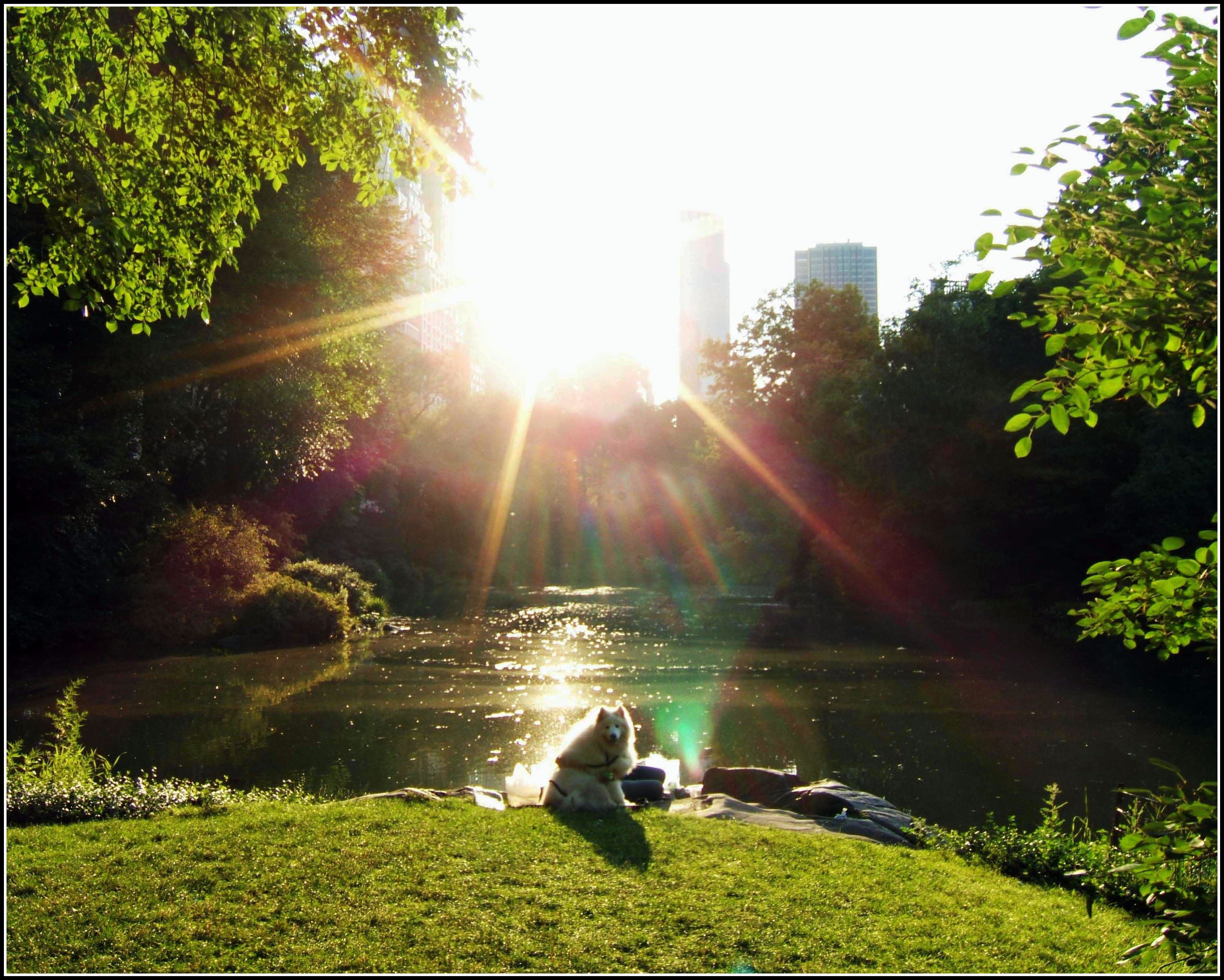WSOC News had an interview with our first graduate of UNC-Charlotte's Collegiate Recovery Community!! The interesting information on drug trade on the internet is just astounding.
CHARLOTTE, N.C. —
There's a new concern about illegal activity happening on social media sites like Facebook. Investigators said people in the area are using the sites to deal illegal drugs.
Facebook, Instagram, and Twitter are some of the most popular social media sites, but Shanda Bostian, she says her son used them to deal drugs.
"Hurt. Just hurt. I didn't want to believe my son would do something like that," said Bostian.
Bostian said she started noticing changes in her son Steven: behavioral problems, bad grades, and violence.
"Then I started seeing signs of drug use," said Bostian.
She said she had no idea the extent of her son's addiction, and new business, until she stumbled upon his Facebook account.
"When I opened his inbox messages there were hundreds and hundreds of messages of drug transactions between him and other students," she said.

Bostian said she saw evidence that her son was dealing OxyContin, Xanax, cocaine, and Ecstasy through the social media site. The messages she showed us detailed drug deals, shipments, and even drop-offs on school property. Agents said it's a problem exploding across the Charlotte area.
"It opens up borders," said William Baxley with the DEA in Charlotte.
He said e-trafficking, as he calls it, is on the rise.
"So instead of going to unsafe neighborhoods, the buyer can, from the safety of their home, use the social media to purchase drugs without exposing themselves to the elements they traditionally would," said Baxley.
He said cartels and criminal organizations use social media to reach a large network of potential buyers. He said drug dealers feel the online community is safer than using a cellphone.
"Almost every investigation that we do now touches on the social media on some aspect," said Baxley.
A search warrant we found backs up Baxley's claims. The warrant said a man named Alfredo Alejo, a prisoner at a prison in Georgia, was using Facebook to recruit couriers and coordinate trips, trafficking heroin from California into Charlotte. The warrant said the DEA, CMPD and Mint Hill Police were able to seize 9 pounds of black tar heroin in Charlotte after Alejo placed the order over Facebook.
"It doesn't surprise me that it has moved into this arena," said Hillary Belk, a recovering drug user.
She's now clean, working with UNC-Charlotte's Collegiate Recovery Program to teach students about drug abuse.
"I wasn't OK with me," said Belk.
She's now using her new opportunity to educate students on addiction while provide a safe place to hang out and foster sober friendships. She's also doing the majority of her work, online.
"You can use social media to do the opposite, and that is to move forward the idea that you are not alone," said Belk. "We can use this as an opportunity to continue to counter act it and educating and letting the public know that there is a message of hope out there."
But for parents like Bostian, the reality is tough, sending her son off to rehab and now boarding school, just to keep him offline and off drugs.
"It was the worst thing I've ever went through," said Bostian.
She hopes other parents take notice of what could be going on online.
"I don't think parents are aware of it or if they are aware of it they want to ignore it cause they don't want to have to face it," said Bostian.
The DEA said the online purchase of drugs exposes people to a number of dangerous situations. They said ultimately the buyer does not know exactly what they're getting.
If you or someone you know is seeking help recovering from drugs or alcohol, there are a number of ways to seek treatment for drug abuse in our area.



